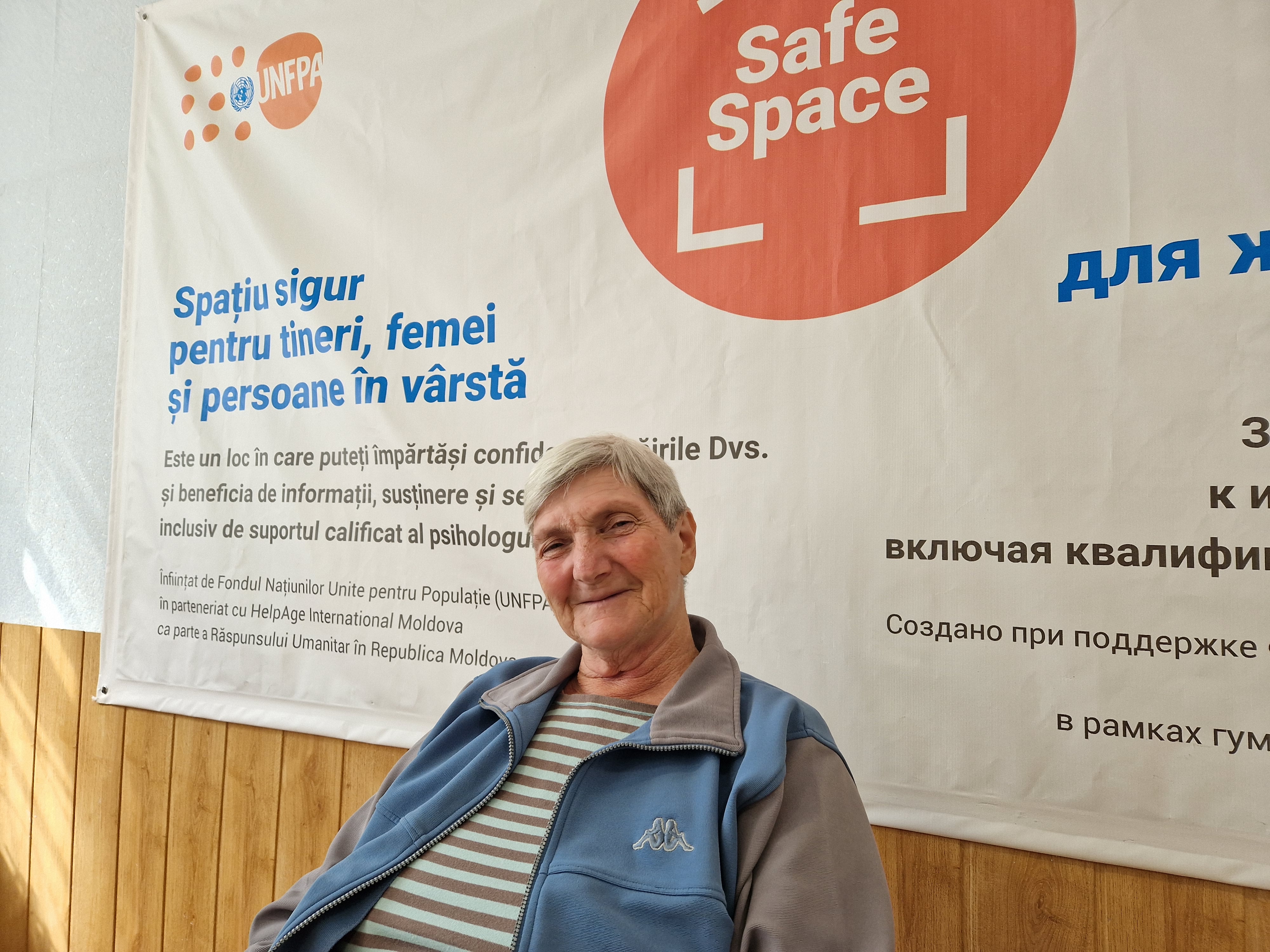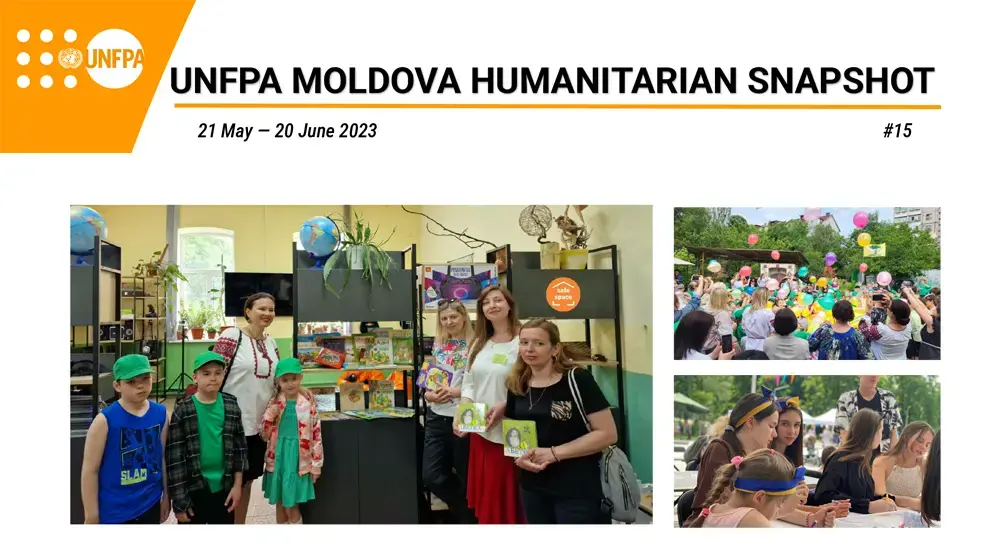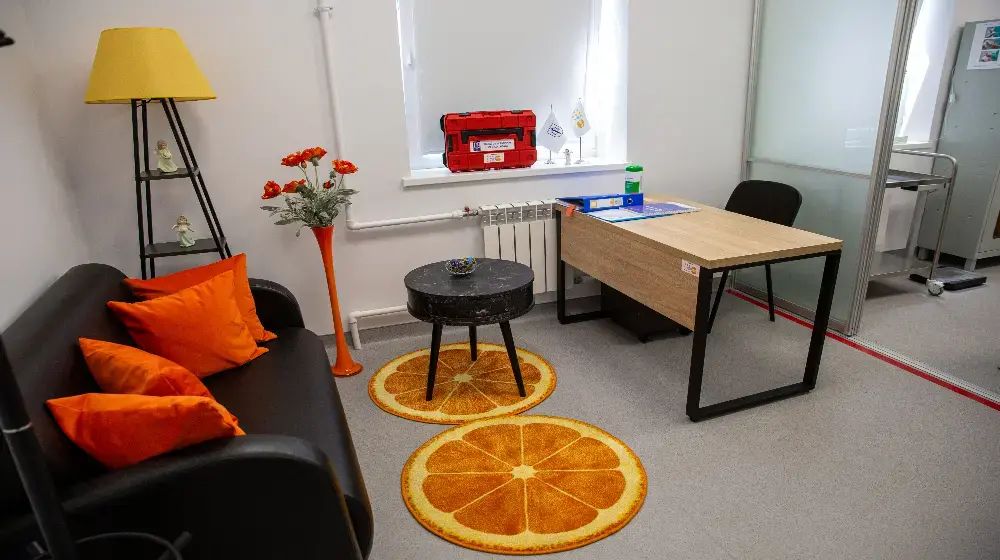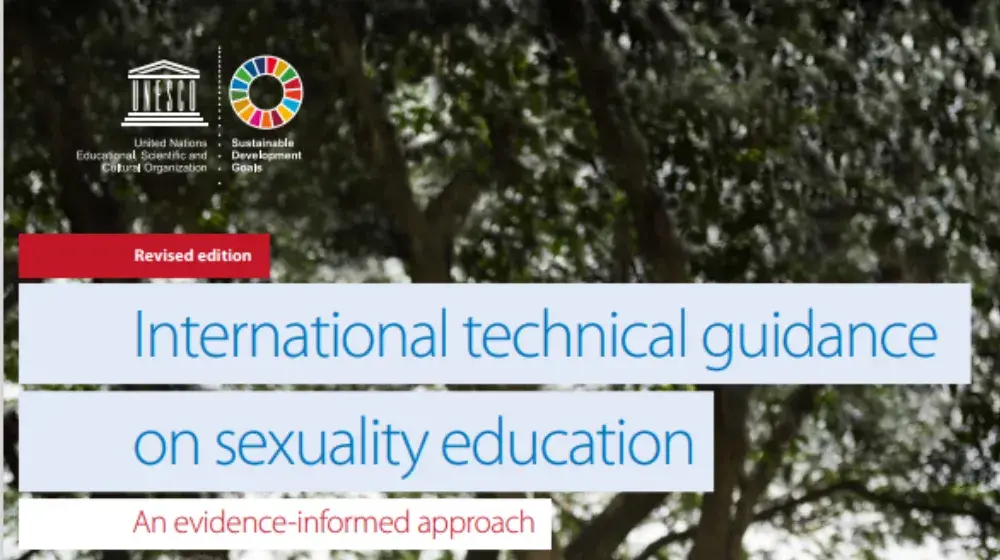“We work hard to create a positive environment at the Refugee Accommodation Center. People have different needs, so we amplify their voices, collectively find ways to help each other,” said Elena Romanova, 70, a refugee from Mykolaiv.
Remaining fully engaged in meeting the needs of her fellow refugees and new friends is not new to Elena, as she held leadership positions throughout her career and chaired the trade unions back home even after her retirement.
More than 12,600 refugees staying in the Republic of Moldova are older persons and the impact on their health, rights and well-being has been dramatic. Nevertheless, on International Day of Older Persons we are reminded that despite their increased vulnerability, many older refugees play an active role and offer positive contribution in emergencies. Older refugees like Elena at the Cojușna Refugee Accommodation Center serve as role models of personal resilience, as they inspire and share practical knowledge and work hard on creating the second home away from home.
“There is a high level of psychological distress among the refugees, but we are safe, surrounded by incredibly kind and compassionate people,” says Elena. “The Safe Space is a good place for us to find peace, connect with each other and grow our community.”
The Safe Space on the first floor of the accommodation center was established by UNFPA in partnership with HelpAge International as part of the Humanitarian Response in the Republic of Moldova.
“We welcome around twenty older women every day who come to our Safe Space for interaction, our space provides the protective environment for them to create these important social connections,” says Marcela Ceapa, Safe Space coordinator and a social worker. “We have daily schedule of activities, individual and group sessions with the psychologist, social worker, healthcare and legal specialist about the rights of the refugees, their well-being, information about prevention of gender-based violence and the existing services. Our Safe Space also distributes adapted dignity kits for the older refugees,” added Marcela.

Maria Grigoryeva, 69, is also actively engaged in building the community at the Refugee Accommodation Center and often ensures that all women come to the sessions of the Safe Space.
“Our family has been living with the long-term impact of the war, which began back in 2014,” Mariya said with tears in her eyes, as she shared that her son is still in Mykolaiv. “We are grateful to the volunteers at the Safe Space who help us connect with our families through the digital technologies.”
“Despite these difficult times, we must have moral courage, help each other and sometimes settle for less for the sake of the close ones. Most importantly we must not lose kindness within ourselves, as good deeds always come back to us and these acts of kindness bond us into a wonderful community,” said Mariya.
***
There are more than 16 static and four mobile Safe Spaces for women, youth and older persons across the Republic of Moldova, established by the United Nations Population Fund (UNFPA) in partnership with NGOs and local organizations as part of the Humanitarian Response in the Republic of Moldova.





